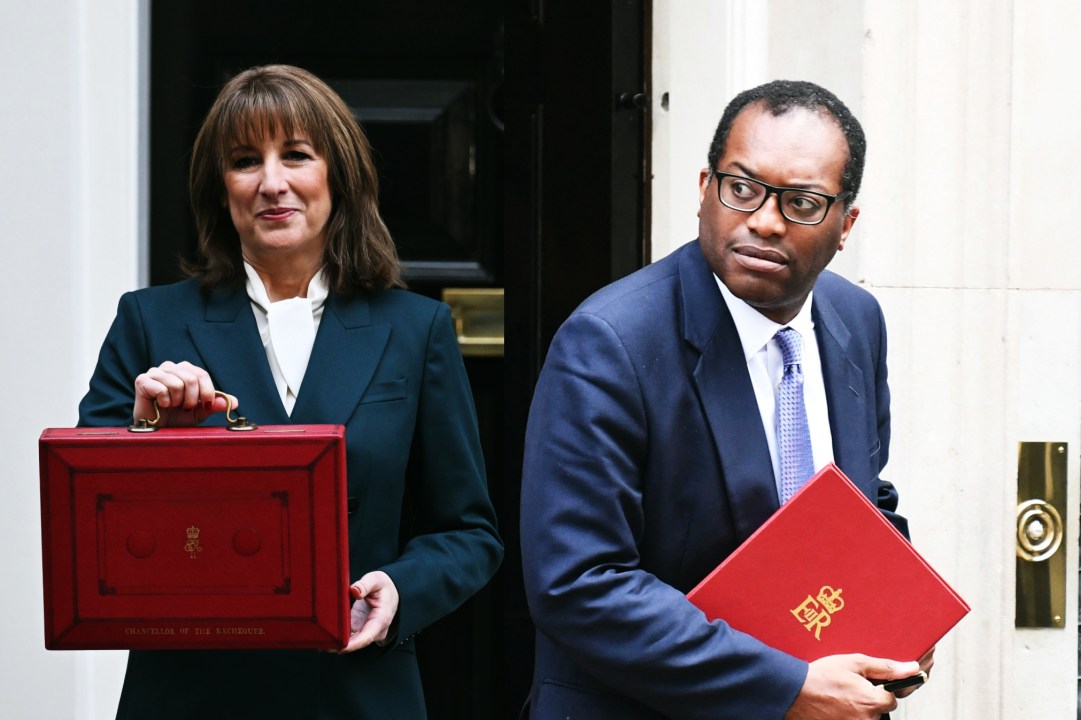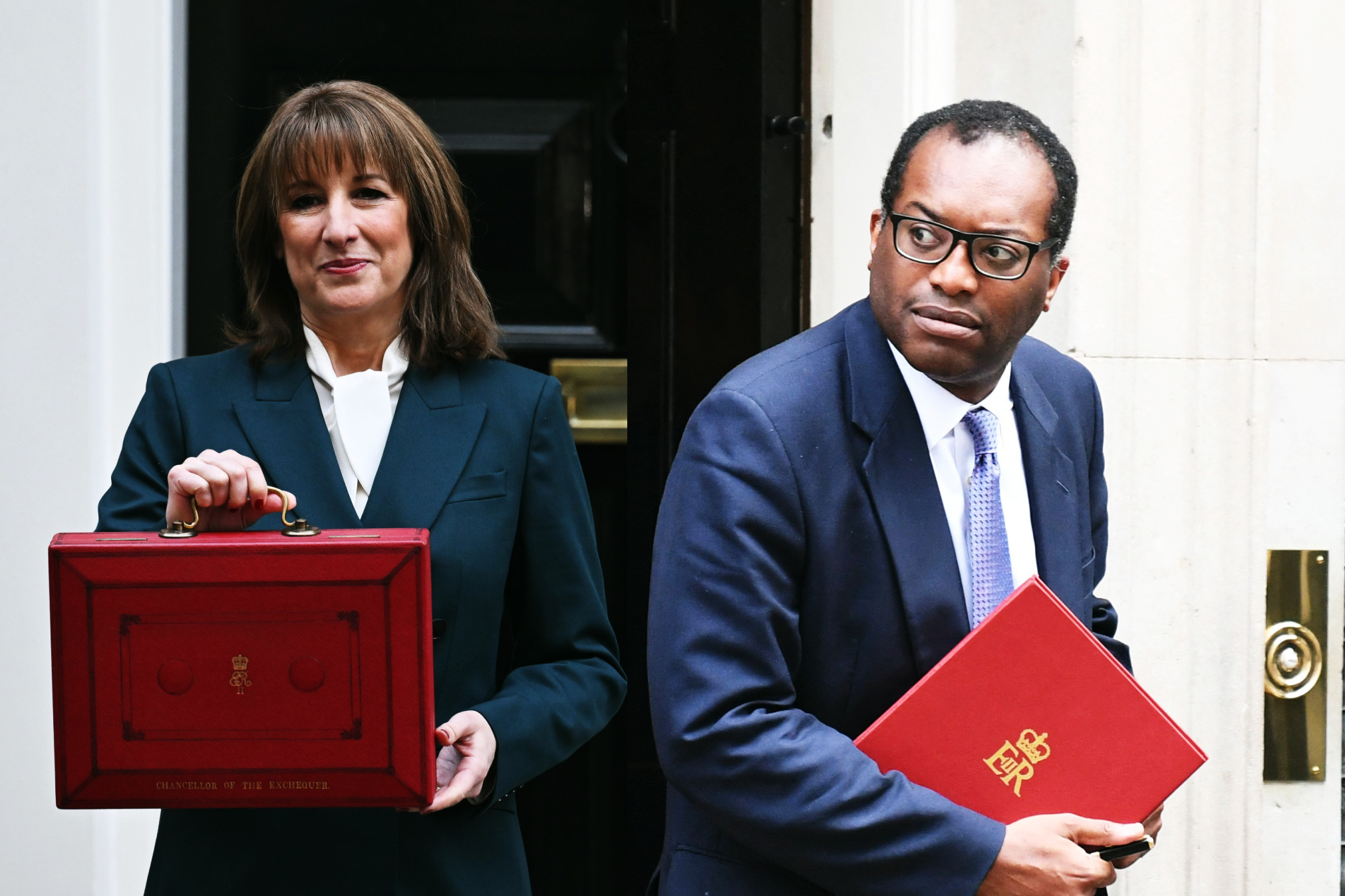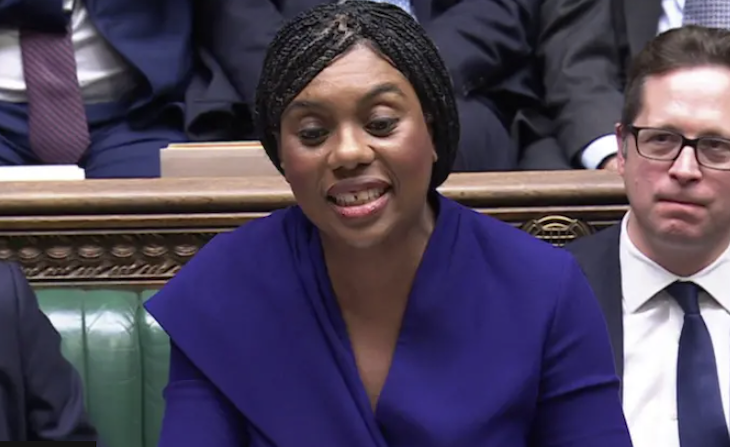
The British establishment cuts its deals with fish knives. If you want to catch this country’s business leaders and political grandees in their native habitat, go to a seafood restaurant. J. Sheekey in theatreland, Scott’s on Mount Street or Bentley’s off Piccadilly are all natural haunts for power players but the finest sole meunière (off the bone) is served at Wiltons of St James’s. It is the favourite lunching place of Lords Heseltine and Spencer, and Rishi Sunak is a regular too. So when I was enticed there last week by a couple of new business acquaintances, a corporate financier in his late fifties and a city solicitor, it was a pleasure. A rare one for me, as my normal seafood lunch is a Pret tuna baguette. The ambience is restrained and formal, but friendly, like the London home of a particularly gregarious duke. We had booked rather late so had to sit three abreast at the oyster bar. I thought this might prove awkward for conversation, but Wiltons is designed for exchanging intimacies.
The talk turned to the Budget and the likelihood it will accelerate the flight of the wealthy from the capital. Estate agents in Milan and Monaco were tipped as the only surefire winners, and the allure of Dubai was proving irresistible to more and more. That may be the case, I thought to myself, but as far as my two lunch companions were concerned, it seemed improbable. Nowhere in Dubai provides potted shrimps like Wiltons.
Wiltons is not the only business in St James’s that should survive even Rachel Reeves’s attack on the economy. Its neighbours on Jermyn Street remain magnets for foreign customers. Shoppers from jurisdictions without mansion taxes to lighten their wallets still flock to the menswear outlets that have dressed the elegant since Beau Brummell tied his first cravat. Turnbull & Asser, the shirt shop opposite Wiltons, was a favourite of the American writers Saul Bellow and Allan Bloom. Chicagoan hustler Bellow loved the discreet attentiveness of the staff, immortalising the shop as ‘Kisser and Asser’. Only recently I was stopped by a crowd gathering outside the upmarket cobblers Crockett & Jones. ‘What’s going on?’ I asked. ‘It’s Arnold Schwarzenegger!’ a bystander said. ‘It’s his favourite shoe shop.’ Apparently he’s a sucker for a well-made Oxford. Whoever this Budget forces to flee Britain, as long as we have Crockett & Jones we can expect Arnie to say: ‘I’ll be back.’
I do sympathise with Rachel Reeves, though, because she has become the prisoner of Downing Street, not its mistress. She is being kept in office as a human shield for the Prime Minister. The idea that she has any real freedom of action is nothing more than a polite fiction.
It’s not just the bond markets that have limited Reeves’s capacity to be bold. No. 10 has. Over the summer the PM made much of the fact that he had bolstered his economics team with the recruitment of the economist Minouche Shafik. At the same time, he levered his agent Torsten Bell, an enthusiastic advocate of the mansion tax, into the Treasury to engineer the Budget detail. On top of that, the Office for Budget Responsibility acts as a black spider binding the Chancellor into its web of restrictions, and there is a growing group of backbenchers now terrified of losing their seats, who won’t let her cut welfare payments. Rachel has, however, only made her position weaker with her own mistakes. Removing the winter fuel payment in a bid to look tough to the markets was a bold move so early in the parliament, but it horrified her party and the inevitable climbdown came too late. If you’re going to eat your words as a politician, you should consume them like an oyster at Wiltons: quickly in one go, with a large drink to follow.
The role of chancellor of the exchequer evolved over many centuries. It is of much older provenance than the office of prime minister. Some distinguished politicians have held both posts. That was the case with Robert Walpole, while Gladstone held down both jobs as late as 1882 and so essentially delivered his own budgets while prime minister. The last time this double-dipping occurred was in 1923, when Stanley Baldwin briefly held both offices after suddenly succeeding an ailing Bonar Law. There is an advantage in a prime minister holding both positions. He or she is unambiguously responsible for the economic direction of the government. We would avoid the drama and the tedious analysis of the relationship between No. 10 and No. 11. But without a fall guy next door, there would be nowhere for the prime minister to hide. That, I suppose, is the main reason such a union of offices at the highest level of government will never happen again. Nigel Farage take note.









Comments